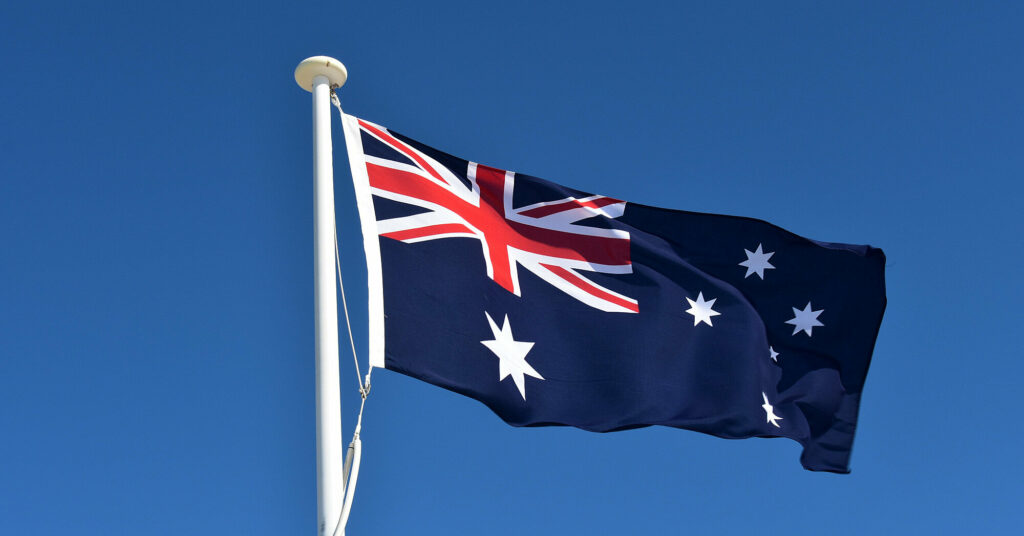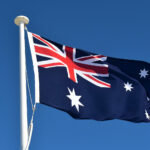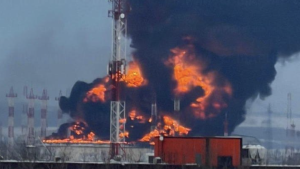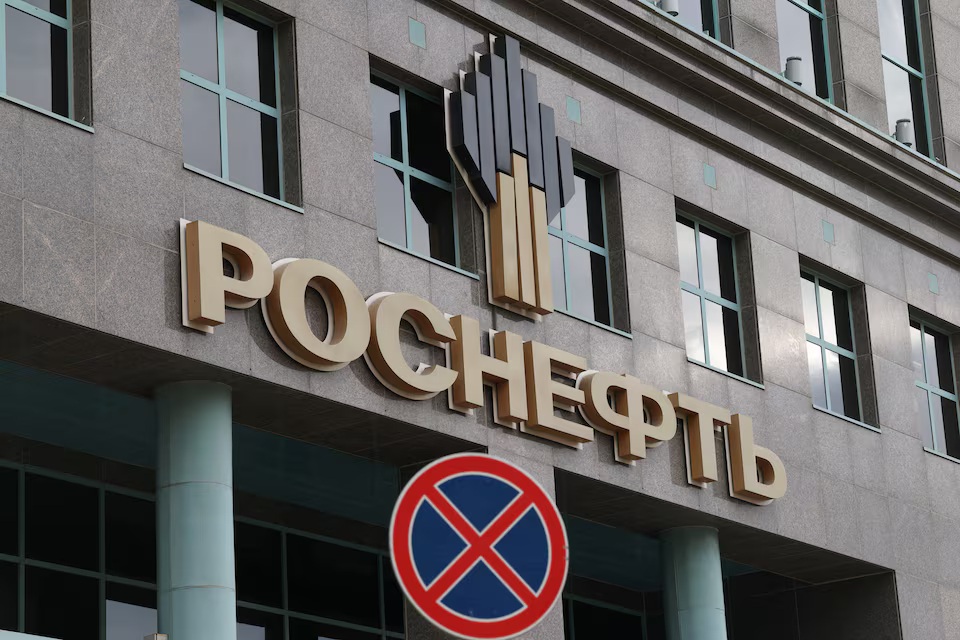Ukrainians in Australia call on government to close Russian fuel loophole

The Union of Ukrainian Organizations of Australia (UUAA) has called on the country’s government to stop importing oil products with a Russian footprint.
According to UUAA estimates, since July alone, the Russian regime could have received more than $123 million from fuel supplies to Australia. This was reported on the organization’s website.
A new study notes that since the beginning of July 2025, at least eight tankers with Russian oil have entered Australian ports. The last of them, the Proteus Stephanie, arrived at the Port of Botany in Sydney on October 26 with 58 thousand tons of fuel. The potential revenue from this voyage for the Russian budget is about $12.5 million.
The organization emphasizes that Australia has significantly increased imports of oil products from India, which currently buys more than a third of its oil from Russia. The share of Indian fuel in the Australian market has grown from less than 1% to 10%, effectively making Australia the world’s largest buyer of Russian petroleum products, the FSA said.
“Every litre of fuel from Russian oil funds weapons that attack Ukrainian hospitals and kindergartens,” FSA chairwoman Kateryna Argyru said. She called on Australian Prime Minister Anthony Albanese to accept responsibility and close loopholes that allow sanctions to be circumvented.
Companies importing fuel from Indian refineries included BP, ExxonMobil, Ampol, Viva Energy and Caltex.
“This is not a question of security of supply or price – it is a question of conscious choice. Australian importers choose Indian refineries, even though they have alternatives,” Argyru added.
Kateryna Argyru also noted that, despite government aid to Ukraine in the amount of more than $1.5 billion, industrial solutions provided the Kremlin with at least $2 billion in revenue, which was used to finance the war.
Meanwhile, analyst Mark Corrigan believes that the refusal of supplies with a Russian footprint will not affect either market prices or the stability of Australia’s energy supply.
It also became known the day before that a network of companies in the Baltic countries is refueling Russian tankers under sanctions. Over 9 months, 286 refueling operations of 177 Russian vessels were recorded.





